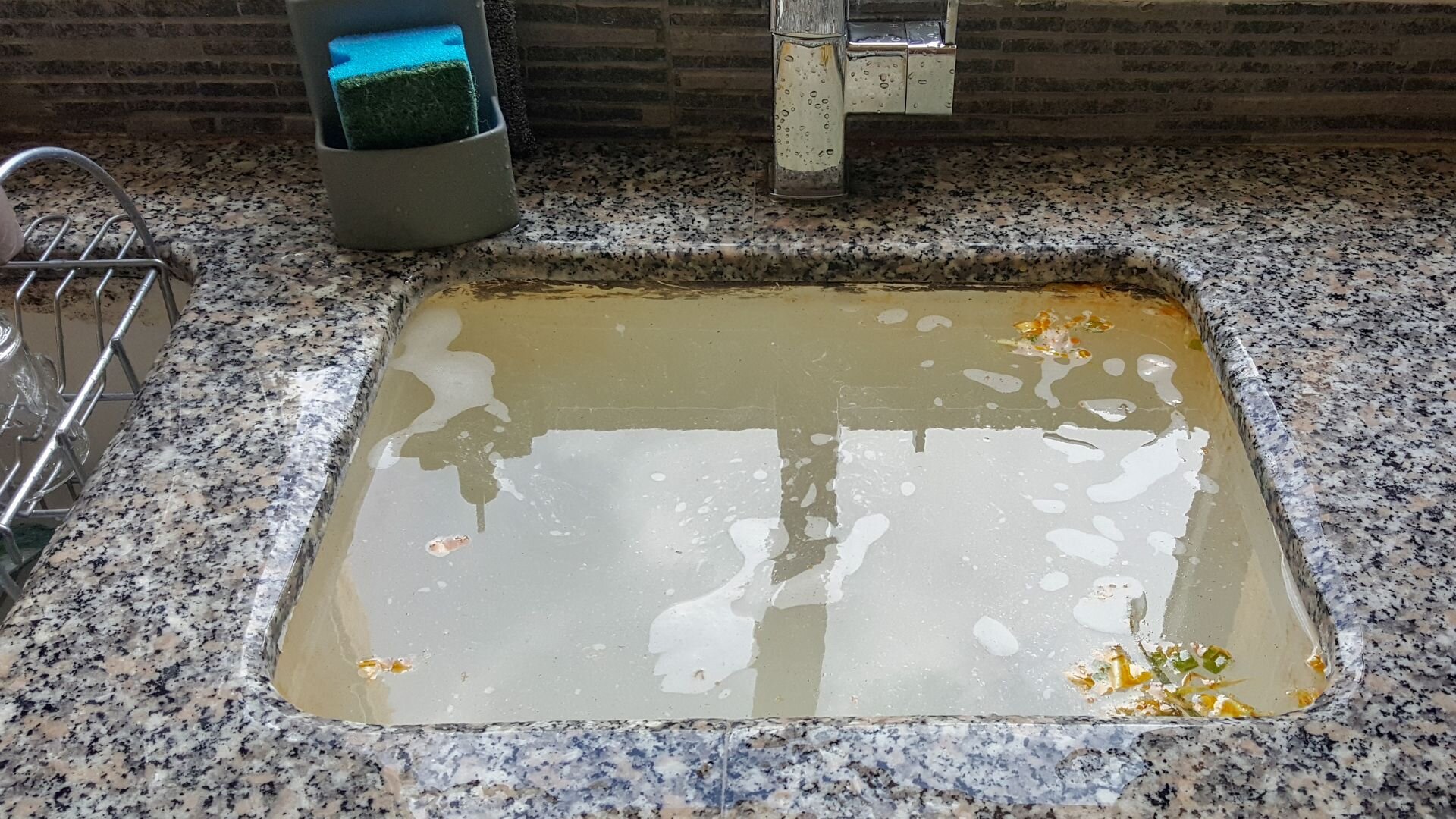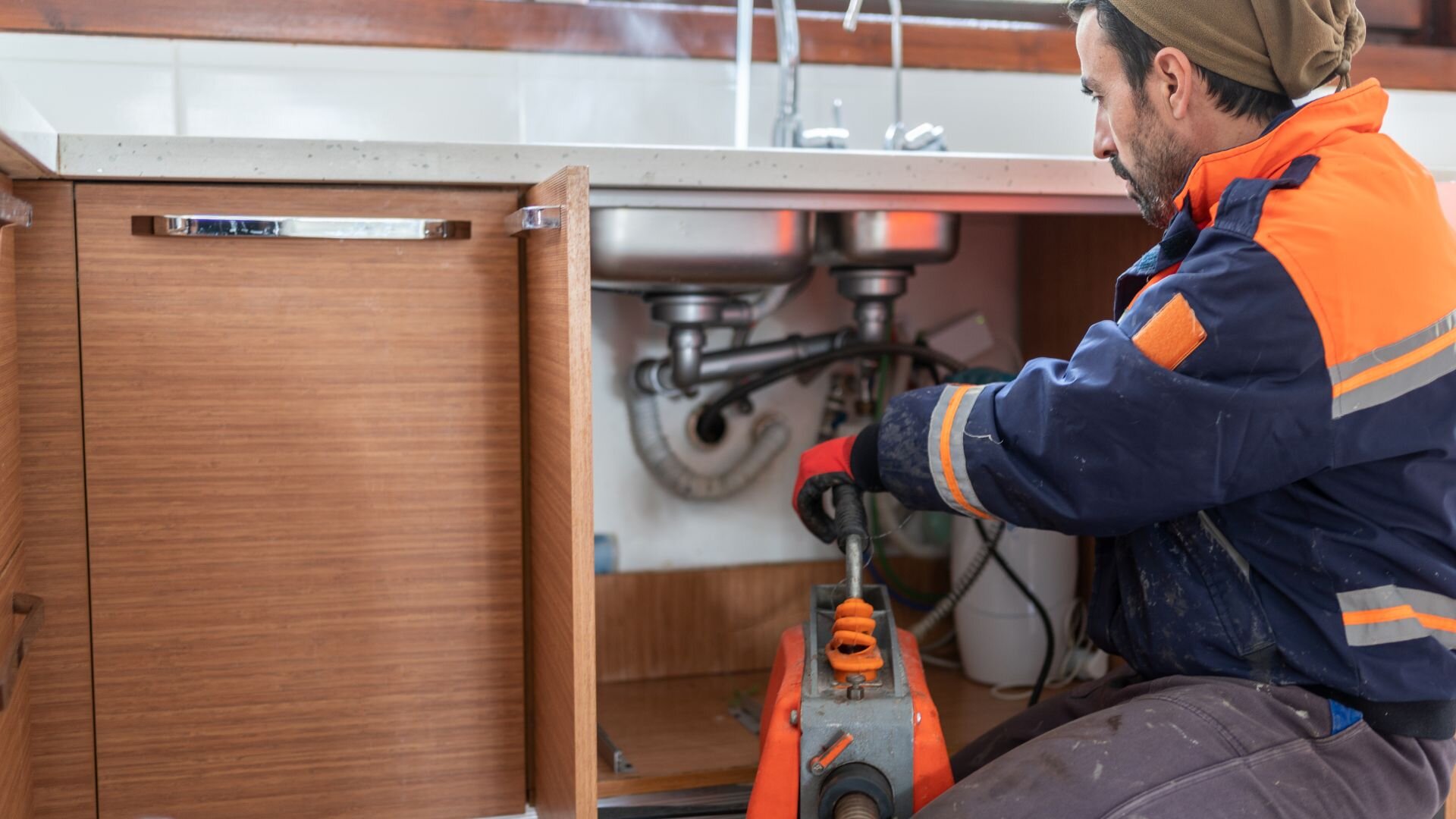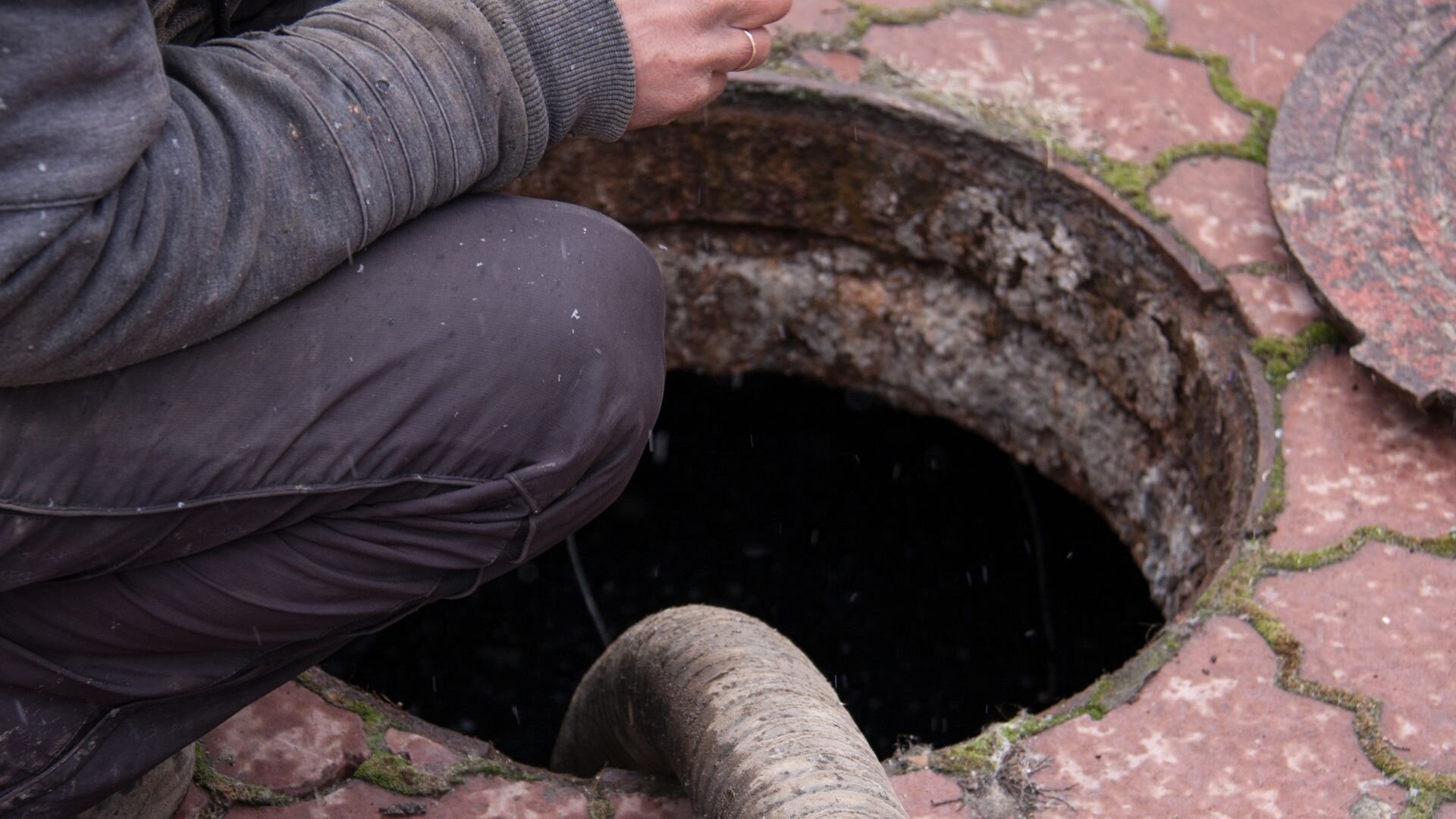An overflowing drain can truly turn into a homeowner’s headache, leading to water damage, health risks, and lots of stress. Whether it’s the kitchen sink, a bathroom basin, a laundry drain, or even a washing machine drain, blockages in your drainage pipes often lie at the heart of this plumbing emergency.
If you don’t address it soon enough, a blocked drain can quickly lead to water overflowing, potentially flooding your home and causing all sorts of problems. This blog will walk you through the crucial steps when faced with an overflowing drain, and offer smart tips to prevent future mishaps, so you can avoid the hassle down the road.
Immediate Action Steps
Turn off the water supply
Locate the shut-off valve for the overflowing fixture and turn it off immediately. This will prevent more water from contributing to the overflow.
Remove standing water
Use a bucket, mop, or wet vacuum to remove water from the affected area. Doing this will minimise water damage and make it easier to identify the source of the blockage.
Clear visible blockages
If you can see foreign objects or debris blocking the drain opening, put on protective gloves and remove them carefully. Avoid using chemical drain cleaners at this stage, as they can cause damage to your plumbing system.
Identifying the Cause
Overflowing drains can have various causes, ranging from simple clogs to more complex issues within your drainage system. Here are some common reasons behind a blocked drain:

Hair and Soap Scum Buildup
Over time, hair, soap scum, and other debris can accumulate in your drainage pipes, causing blockages that lead to overflowing drains. This is especially common in bathroom sinks, showers, and bathtubs, where hair mixes with soap scum to form a sticky mess.
Foreign Objects Stuck Inside the Drain
Small items like jewellery, toys, or food scraps can slip down the drain and become lodged, creating a blockage. In the kitchen, grease and oil solidify on the inner walls of the drainage pipe, further attracting debris and causing clogs. Pouring cooking fats down the drain can worsen this situation.
Tree Root Infiltration
Another sneaky culprit is tree roots. If trees are near your property, their roots can infiltrate sewer lines, growing into cracks and eventually causing blockages. These root invasions can damage pipes and require professional help to clear and repair.
Malfunctioning Garbage Disposal (if applicable)
If your kitchen sink is overflowing and you have a garbage disposal, it may be malfunctioning or clogged with food particles. Avoid putting fibrous or starchy foods down the disposal to prevent blockages.
Warning Signs of a Clogged Drain (even without overflow)
Sometimes, even without an overflowing mess, there’s a tell-tale sign like a foul odour coming from the drain, hinting at a blockage forming due to decomposing organic matter. If you catch this bad smell or suspect a blockage, it’s wise to tackle the issue fast to avoid potential overflow. Be aware that a washing machine’s drain acting up can also lead to significant water damage; nip any sluggish draining in the bud.
DIY Solutions for Minor Clogs
When faced with a minor clog causing your drain to overflow, you can try several DIY methods before calling a professional plumber. These techniques can help you save time and money while effectively resolving the issue.
Plunging
Plunging is often the go-to solution for minor clogs. First, ensure enough water in the sink or basin to cover the plunger’s head, creating a proper seal. Position the plunger over the drain and use firm, rapid strokes to create suction. The force generated by the plunger can help dislodge the blockage, allowing water to flow freely through the pipes once again.
Drain Snake or Auger
If plunging doesn’t do the trick, a drain auger can effectively remove more stubborn blockages. This flexible, coiled wire can navigate through the twists and turns of your drain pipes to reach the clog.
Feed the snake into the drain line until you feel resistance, then slowly poke and twist to break up the blockage. Drain snakes are available at most hardware stores, making them a convenient DIY solution. You can also use a wire hanger as a DIY drain snake.
Natural Solutions
For those who prefer a more natural approach, combining boiling water, baking soda, and vinegar can work wonders on minor clogs. Start by pouring a pot of boiling water down the drain to help dissolve the blockage.
Next, pour a mixture of baking soda and vinegar into the drain and let it sit for about 30 minutes. The chemical reaction between these two ingredients can help break down the clog. Finally, flush the drain with hot water to rinse away the loosened debris. You may need to repeat this process a few times for stubborn blockages.
When to Call a Professional Plumber
DIY fixes can certainly work for minor clogs, but sometimes it’s best to call in a professional plumber. If stubborn clogs are troubling multiple drains, it’s definitely time to get some expert help.

If you experience recurring drain blockages or multiple drains overflowing simultaneously, it may indicate a more serious problem within your plumbing system. In these cases, a professional plumber has the expertise and specialised tools to diagnose and resolve the issue effectively.
If you suspect a blockage in your sewer line, that’s another time to bring in the pros. A blocked sewer line can cause nasty-smelling water to back up and lead to overflow. The culprits are often tree roots, pipe collapses, or built-up debris. Tackling these issues usually needs professional repair or relining, which goes beyond DIY solutions.
If your drain overflows and causes significant water damage or poses health risks due to unsanitary conditions, it’s crucial to call a professional plumber immediately. Water damage can quickly escalate, leading to structural issues, mould growth, and other costly problems. An experienced plumber can safely clean up the affected area, mitigate further damage, and restore your property to a safe and healthy condition.
Preventive Measures
Keeping a regular drain cleaning and maintenance routine is key to preventing clogs and overflows, even from your washing machine. Routine cleaning using a drain auger or hiring a professional can remove build-up before it starts causing blockages. Taking a proactive approach can save you the trouble and cost of tackling serious clogs later on. Plus, using a drain screen or hair catcher is an effective way to stop debris from getting into your pipes and reducing clog risks.
Proper waste disposal is another key aspect of preventing drain issues. It’s essential to avoid flushing items like paper towels, sanitary products, or food particles down your drains, as these items can quickly lead to blockages. It’s best to dispose of grease and oil in the kitchen trash rather than pour them down the sink. When grease and oil cool, they can solidify and adhere to the inside of your pipes, gradually narrowing the passage and increasing the likelihood of clogs.

Regular maintenance is crucial for preventing drain overflows, especially a washing machine drain overflow. Clean your washing machine’s lint bag regularly to prevent fibres from clogging the drain pipe. Over time, lint and debris can accumulate in the pipe, reducing water flow and potential blockages that can cause overflows.
Additionally, ensure that the washing machine hose is securely connected and in good condition to avoid leaks and overflows. A damaged or loose hose can cause water to spill onto the floor, potentially causing water damage and contributing to drain issues.
Finally, remember your outdoor drainage system. Keep your outdoor drains clear of leaves, garden waste, and other debris to prevent blockages. Regularly inspect and clean your gutters and downspouts to ensure proper water flow from your foundation. Clogged gutters can cause water to overflow and pool around your home, potentially leading to foundation damage and drainage problems.
Tackling Overflowing Drains with the Right Approach
Overflowing drains can be a frustrating and potentially damaging issue for homeowners. By understanding the common causes, implementing DIY solutions for minor clogs, and knowing when to call a professional plumber, you can effectively address this problem and protect your property.
Regular drain cleaning and maintenance are essential for preventing clogs and ensuring the longevity of your plumbing system. Adopting good habits and staying proactive can minimise the risk of overflowing drains and avoid costly repairs.
If you’re in the Sydney area and facing a persistent or severe overflowing drain issue, don’t hesitate to contact the experts at Fixed Today Plumbing. Our team of licensed and experienced plumbers is equipped with the knowledge and tools to diagnose and resolve your plumbing problems efficiently. Whether emergency repairs or routine maintenance, Fixed Today Plumbing is here to help.














